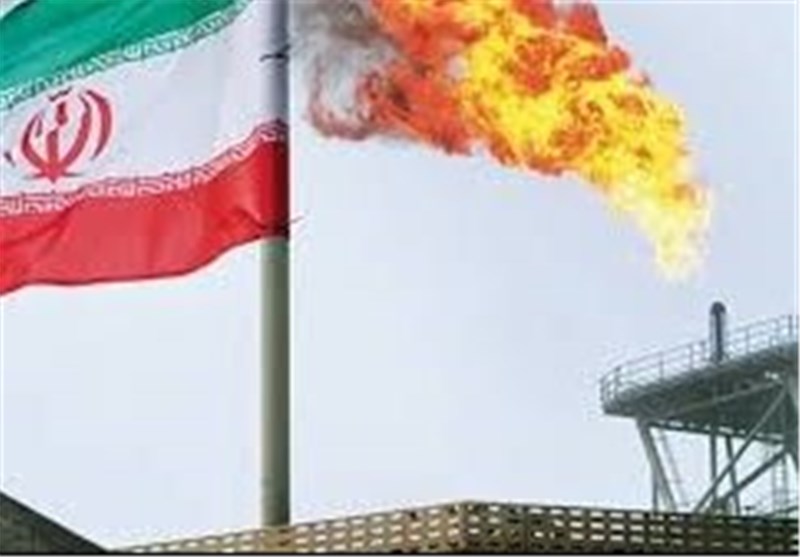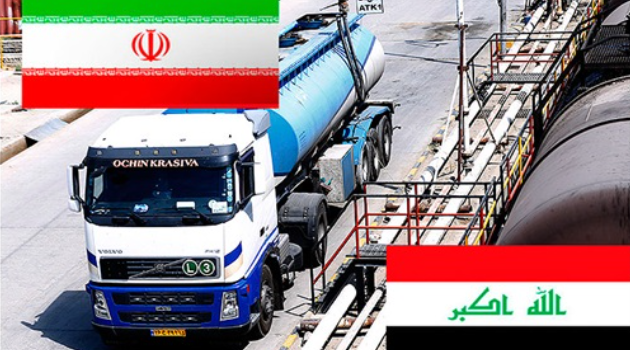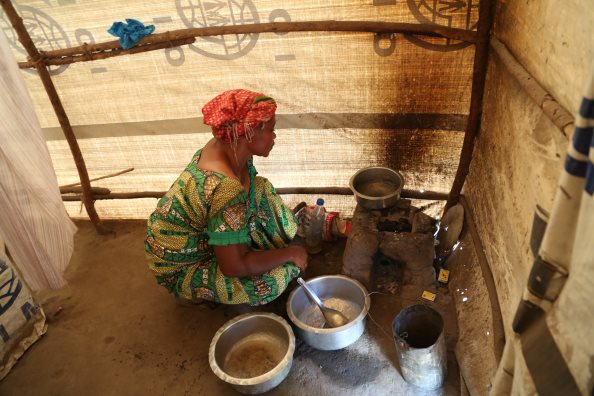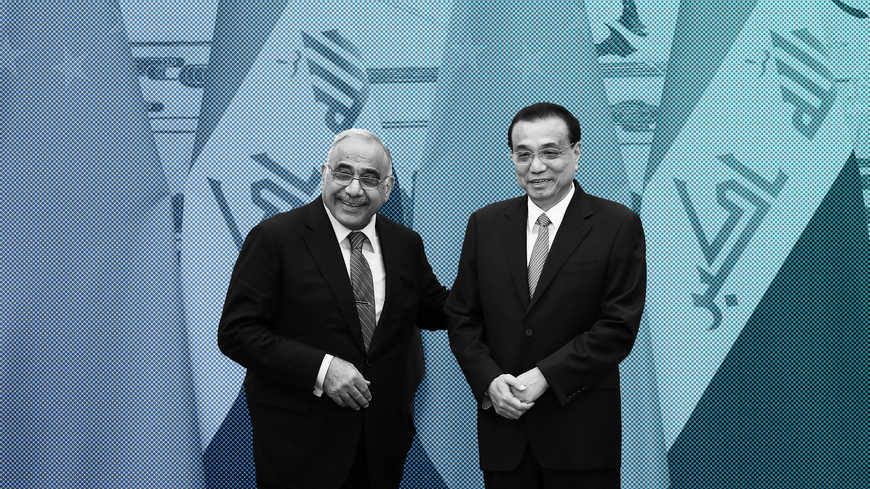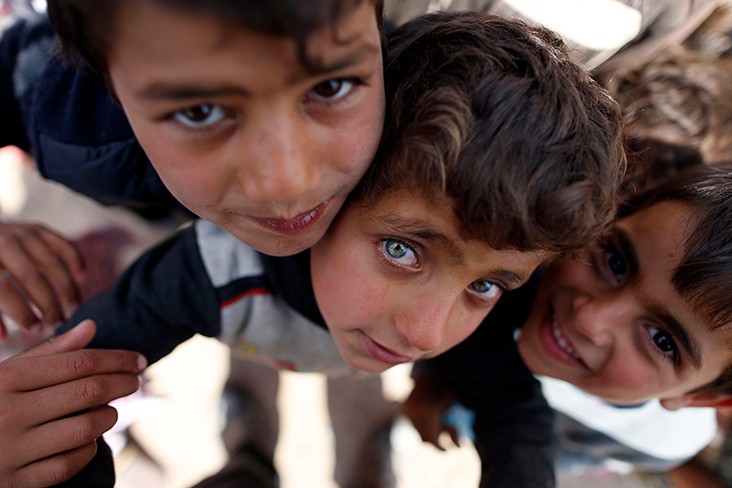The EITI Board has decided that Iraq has made meaningful progress in implementing the EITI Standard.
Validation, the EITI’s quality assurance process, found that Iraq’s performance in implementing EITI Requirements has improved markedly since the country’s first Validation in 2017. Iraq’s suspension as a result of poor results in its first Validation has now been lifted, a development that reflects a substantial rate of progress over the last two years.
“Iraq’s implementation of the EITI Standard is now disclosing some USD 45bn in crude oil sales annually,” said Chair of the EITI Board Helen Clark. “The challenge now is for Iraq to strengthen multi-stakeholder oversight of its extractive industries and to use this emerging transparency to enhance accountability in the governance of its natural resources.”
Breaking ground in data disclosures
The Board recognised Iraq’s progress, through the EITI, in disclosing information that was previously inaccessible to stakeholders, ranging from data on oilfields and petroleum property rights to publishing the financial statements of oil and gas state-owned enterprises.
Iraq’s most recent EITI reporting also provides a diagnostic of the efficacy of government oversight of the extractives, including in identifying arrears of undisbursed subnational transfers of ‘petrodollar’ allocations. Validation has acknowledged these tangible gains in the transparency of Iraq’s oil and gas sector, building on a series of first-ever disclosures.
“The results of this second Validation reflect our concerted efforts to open up the management of Iraq’s oil and gas industry through regular and comprehensive disclosures,” said Iraq’s Deputy Prime Minister and Minister of Oil Thamer Al-Ghadhban. “We want to use the EITI not only to frame our systematic disclosures of oil and gas data but more importantly to support an evidence-based debate on our reforms.”
From transparency to accountability
Yet this emerging transparency has not been matched by commensurate efforts to ensure the data contributes to public debate and decision-making. Systematically disclosing data required by the EITI Standard would enable Iraq to focus on using EITI data to improve accountability in the governance of the oil and gas sector.
The Board encouraged Iraq to integrate its systematic disclosures of EITI data to ongoing public finance management reforms, such as the World Bank and European Union’s modernisation of Public Financial Management systems project.
The Board also urged Iraq to strengthen its multi-stakeholder oversight of the extractives to ensure more active contributions from companies and civil society to the government’s management of the extractive industries, including through the Multi-Stakeholder Group overseeing EITI implementation.
The decision by the EITI Board gives Iraq 18 months to address 12 gaps in its implementation of the EITI Standard before a third Validation on 17 April 2021.
Iraq submitted an adapted implementation request for its 2016-2018 EITI Reports, and the Board did not therefore take account of weaknesses in coverage of Iraqi Kurdistan in its assessment of Iraq’s progress in implementing the EITI Standard.
(Source: EITI)

